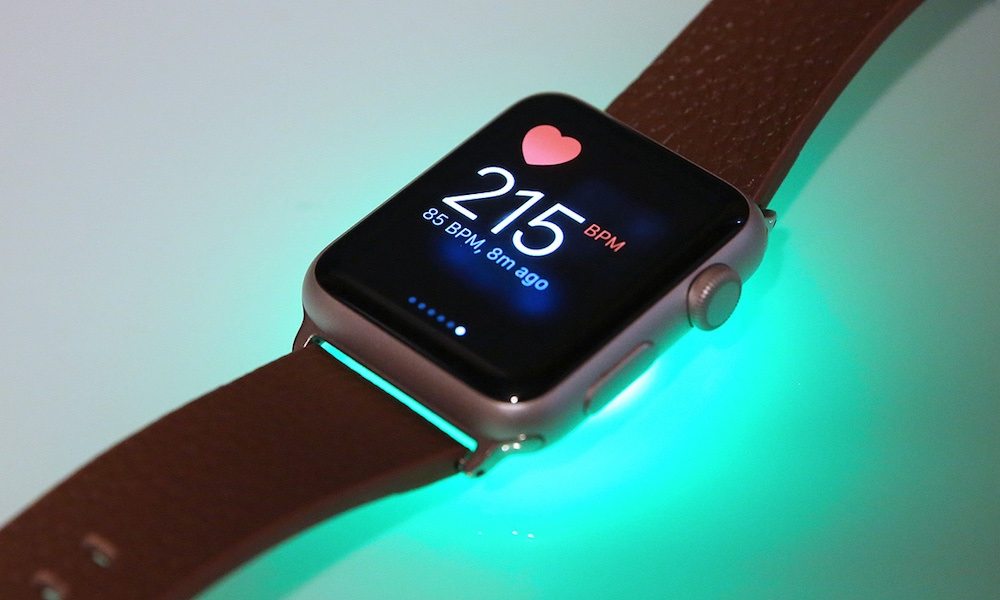Apple Watch Can Accurately Detect Hypertension, Sleep Apnea
 Credit: 9to5Mac
Credit: 9to5MacToggle Dark Mode
Researchers have discovered that the Apple Watch and similar devices can accurately detect conditions like hypertension and sleep apnea with its existing sensors.
The study, conducted by health startup Cardiogram and the University of California San Francisco (UCSF), surveyed a total of 6,115 participants with Apple Watch devices and the Cardiogram app. Among those participants, sleep apnea was diagnosed with a 90 percent accuracy and hypertension was diagnosed with 82 percent accuracy.
To be clear, the Apple Watch doesn’t have the kind of high-tech lab equipment usually used to detect these common yet serious conditions. What the team found, however, was that its onboard sensors could accurately detect sleep apnea or hypertension by using heart rate and step count data — information that the Watch already collects.
The researchers’ method involved using an artificial neural network called DeepHeart to analyze the data that the Apple Watches collected. Around 70 percent of the participant data was used to “train” DeepHeart, which was able to predict hypertension and sleep apnea on the remaining 30 percent of participants.
What Is Sleep Apnea?
Sleep apnea is a condition where an affected person stops breathing in their sleep — which can sometimes lead to death. An estimated 22 million adults in the U.S. are affected, with 80 percent of cases going undiagnosed, according to the American Sleep Apnea Association. Hypertension, also known as high blood pressure, is another serious condition that puts people at risk for heart disease and stroke — the top causes of death in the U.S. According to Center for Disease Control statistics, about 75 million American adults have hypertension.
“The idea here is that by screening continuously you would identify people with hypertension who might not know they have it,” Cardiogram’s Johnson Hsieh, who lead the study, told TechCrunch. “Then you’d guide them through the appropriate final diagnosis, which would be through a blood pressure cuff and then treatment.”
What About Other Wearables?
While the study specifically used Apple Watches, the same results could theoretically be seen with any wearable that has a heart rate sensor. But Apple is on the tip of the spear of using its token wearable as an instrument for health applications — everything from its top-secret fitness lab and its recent pushes into the healthcare sphere are indicative of that.
Notably, Cardiogram had previously conducted a study with UCSF that found the Apple Watch was able to detect abnormal heart rhythms with a 97 percent accuracy rate.
The results are certainly promising, as being able to detect sleep apnea and hypertension without going to the doctor could be a game-changer in modern medicine. That’s especially true as doctor’s visits and routine testing is often a sporadic occurrence for many individuals, which makes it hard to detect when it counts.






